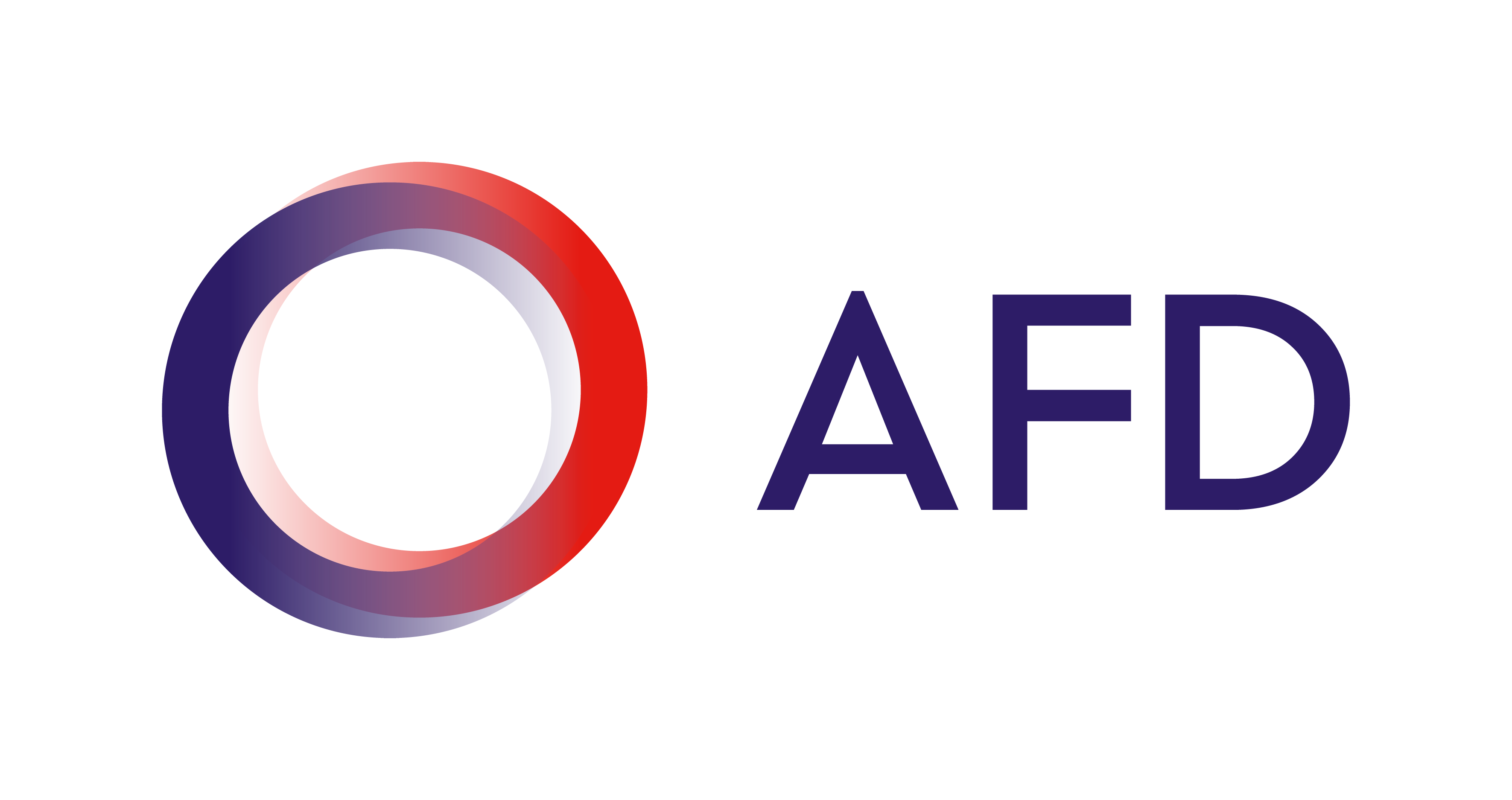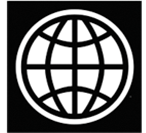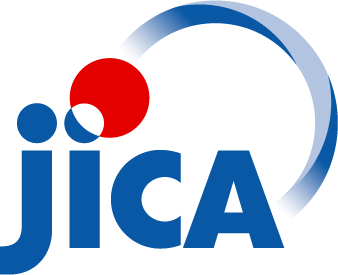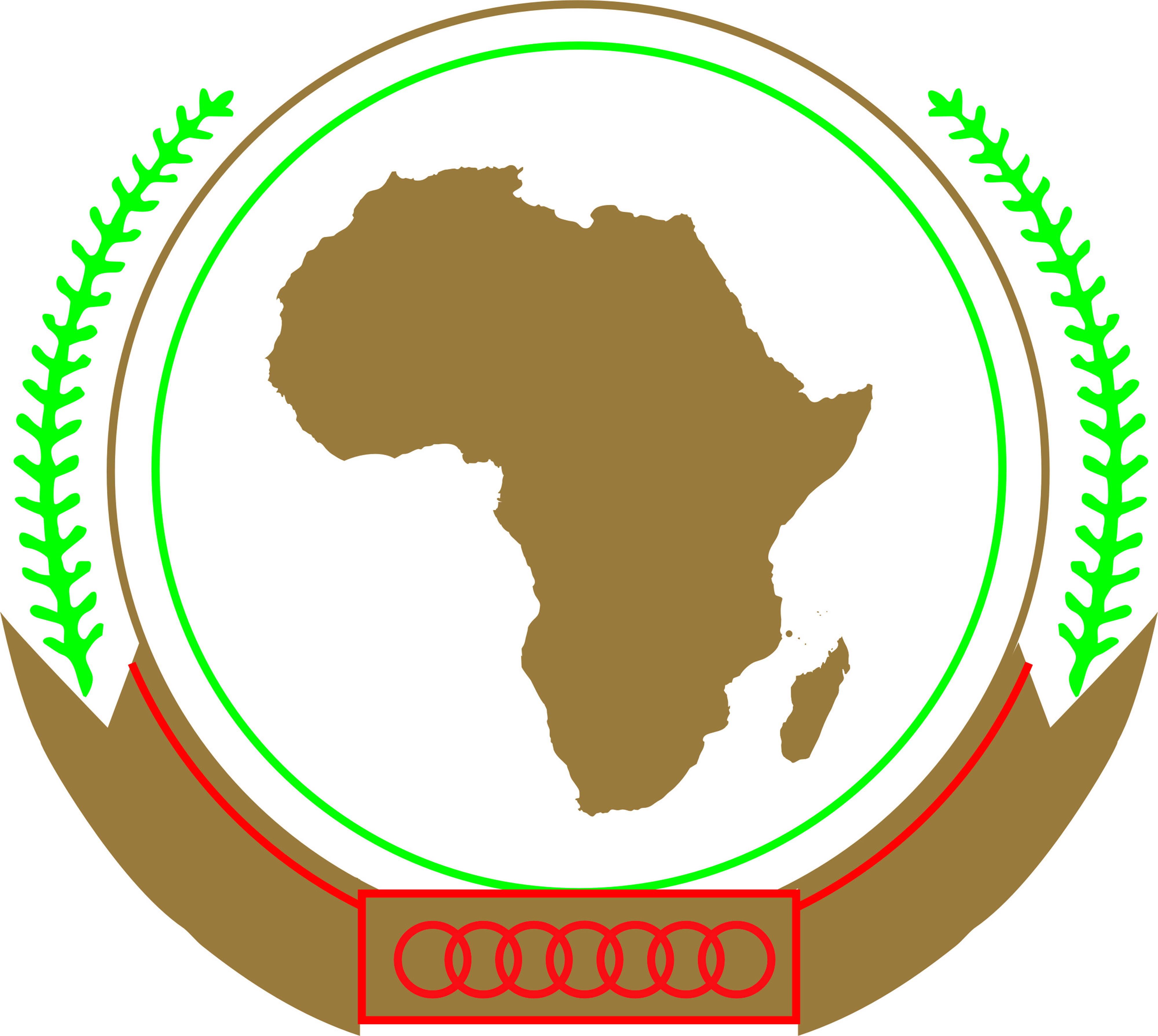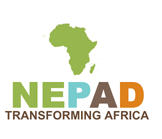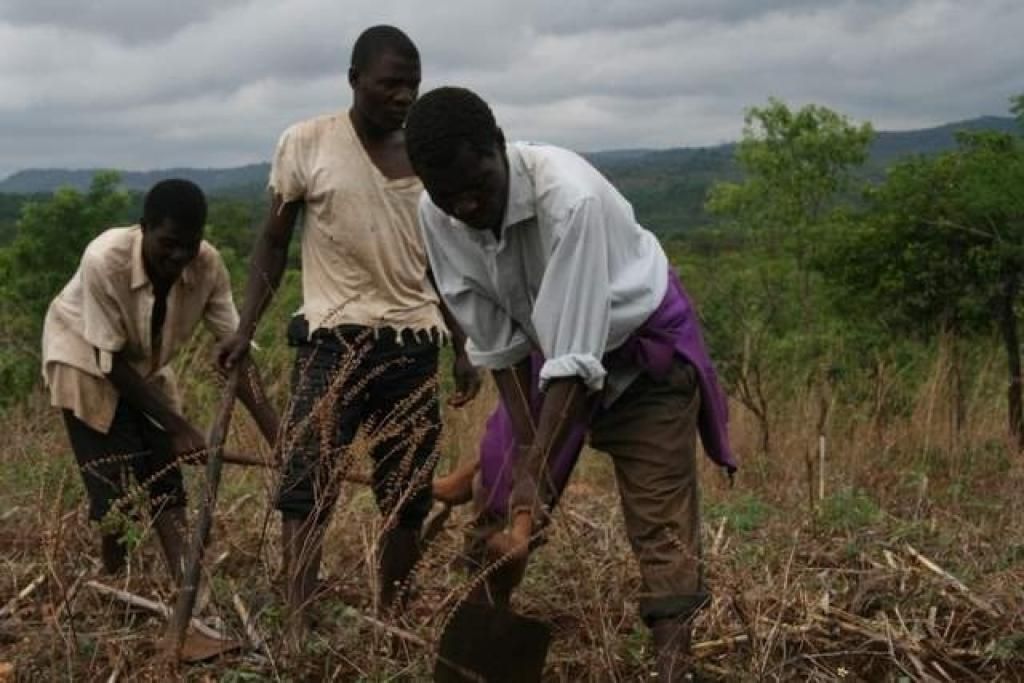
Summary
If properly nurtured, Africa’s agricultural sector holds the key for the continent’s development. Experts at Friends of Europe’s Development Policy Forum dinner debate, held in Brussels on the eve of the 2014 EU-Africa Summit, noted that, though it remains essential to financing development, official development assistance will be insufficient in generating the needed changes to the agricultural sector.“African and international partners in the private sector must be mobilised. We need all actors to get their act together to shift from a donor mentality to an investment mentality and change our agricultural sector,” stressed Erastus Mwencha, Deputy Chairperson of the African Union Commission.“Greater coordination between donor agencies and private sector organisations should focus on the needs of African farmers, in particular smallholder farmers,” said Andris Piebalgs, European Union Commissioner for Development.The most urgent challenge areas include arranging better access to technology, markets, and infrastructure for smallholdings, as well as focussing on developing vocational education, skills, and attracting young Africans to the agricultural sector.
About
Agriculture is Africa’s lifeline – and holds the key to the continent’s future growth and development. Increasing Africa’s agricultural productivity is essential to eliminate hunger and ensure food security. With 65-70 % of Africans employed in the sector, agriculture is also Africa’s largest generator of jobs. Although crucial to Africa’s economic transformation, agriculture across the continent is in dire need of investments in input and infrastructure as well as stronger and more effective policies to boost productivity, including for small farmers, encourage research, open up new employment opportunities for Africa’s growing number of young people and establish a thriving agri-food sector. AU declares 2014 the international year of agriculture and food security. What is holding back African agriculture? Are African governments and their development partners doing enough to unlock the full potential of agriculture through sustained multi-sectorial interventions? Has the African Union established an agenda for revitalizing African agriculture that goes beyond declarations? Is the CAADP established by AU an effective agenda for revitalizing African agriculture, beyond declarations? What role is there for the private sector in ensuring sustainable and inclusive African agriculture and establishing global production networks? Are measures being taken to improve research in the sector? In which way does Africa’s agricultural sector benefit from initiatives such as ‘Grow Africa’? With women making up more than half of Africa’s farmers and producing up to 90% of Africa’s food supply, are there special policies in place to help women farmers? What is the role of information technologies in helping African farmers?
Schedule
Speakers
Ibrahim Assane Mayaki
CEO of the New Partnership for Africa’s Development Planning & Coordination Agency (NEPAD)
Erastus Mwencha
Deputy Chairperson of the African Union Commission
Andris Piebalgs
Senior Fellow at the Florence School of Regulation, former European commissioner for development and energy, and Trustee of Friends of Europe
Rhoda Peace Tumusiime
former African Union commissioner for rural economy and agriculture
Geoffrey Kirenga
Chief Executive Officer of the Southern Agricultural Growth Corridor of Tanzania (SAGCOT)
Video contribution
Dr. Lindiwe Majele Sibanda
CEO of the Food, Agriculture and Natural Resources Policy Analysis Network (FANRPAN)
Moderator
Shada Islam
Managing Director at New Horizons Project
Speakers

CEO of the New Partnership for Africa’s Development Planning & Coordination Agency (NEPAD)
Mayaki leads the influential G8 pan-African socio-economic development initiative, known as NEPAD. He has served as the Executive Director of the Platform in support of Rural Development in West and Central Africa. Prior to this, he held several posts as Minister in charge of African Integration and Cooperation, Minister of Foreign Affairs and Prime Minister of Niger.
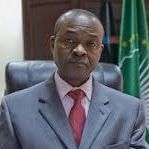
Deputy Chairperson of the African Union Commission
As Deputy Chair of the African Union, Mwencha has been pivotal in encouraging non-traditional developing partners to integrate private sector investments in the agricultural value chain. In his position at the AU, Mwencha has placed particular emphasis on Africa’s wider development agenda and programmes as well as strengthening Africa’s institutional structures.
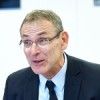
Senior Fellow at the Florence School of Regulation, former European commissioner for development and energy, and Trustee of Friends of Europe
Andris Piebalgs is an experienced Latvian politician who occupied key positions at both the national and European levels. He is currently a member of the Latvian political party UNITY. Previously, he worked in the Latvian diplomatic service, first serving as the Latvian ambassador to Estonia, where he helped resolve a sea border issue between the two states. He went on to become the Latvian ambassador to the EU, in which role he helped establish Latvia as the EU candidate country. Afterwards, Piebalgs served as the European commissioner for energy and then as the European commissioner for development.
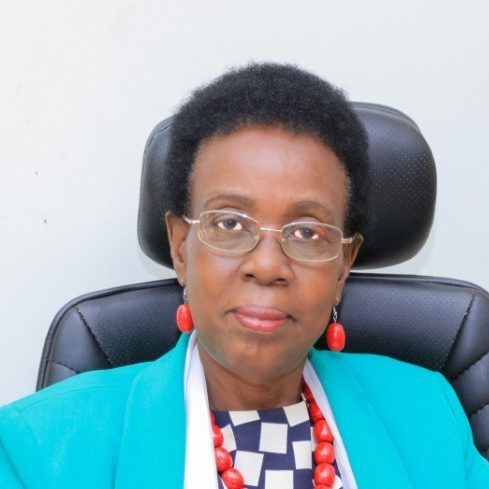
former African Union commissioner for rural economy and agriculture
Rhoda Peace Tumusiime has extensive experience in the field of sustainable agriculture, food security, rural development and governance. She is currently part of the Consultative Group on International Agricultural Research (CGIAR), as well as Board Member of the International Potato Centre (CIP) and of the International Institute of Tropical Agriculture (IITA). In addition, she serves as chair for programme committee of the Africa Fertiliser and Agribusiness Partnership, and advises ASARECA on institutional governance.

Chief Executive Officer of the Southern Agricultural Growth Corridor of Tanzania (SAGCOT)
Kirenga is the former Director of the Crop Development Division at the Tanzania Ministry of Agriculture, Food Security and Cooperatives. Prior to this position, he specialized in crop promotion services, pest management and plant protection. Kirenga has an extensive network in both the Tanzanian and international agriculture and agribusiness communities, and he is highly committed to driving the SAGCOT Group to delivering on its role as the catalyst dedicated to transforming Tanzania’s agriculture sector.
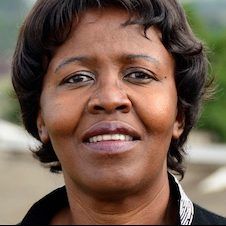
CEO of the Food, Agriculture and Natural Resources Policy Analysis Network (FANRPAN)
Lindiwe Majele Sibanda has held the position of CEO of FANRPAN since 2004. She is currently coordinating policy research and advocacy programs in 14 southern African countries, all aimed at making southern Africa a food-secure region. Her portfolio includes policy research and advocacy work on food policies, agricultural productivity, natural resources and environment, and the impact of HIV/Aids on agriculture and food security in southern Africa.
Partners
Coorganized with
Continue
the debate on
- Debating Europe
